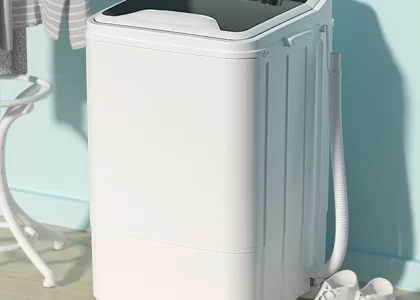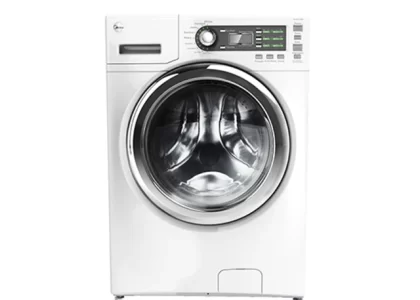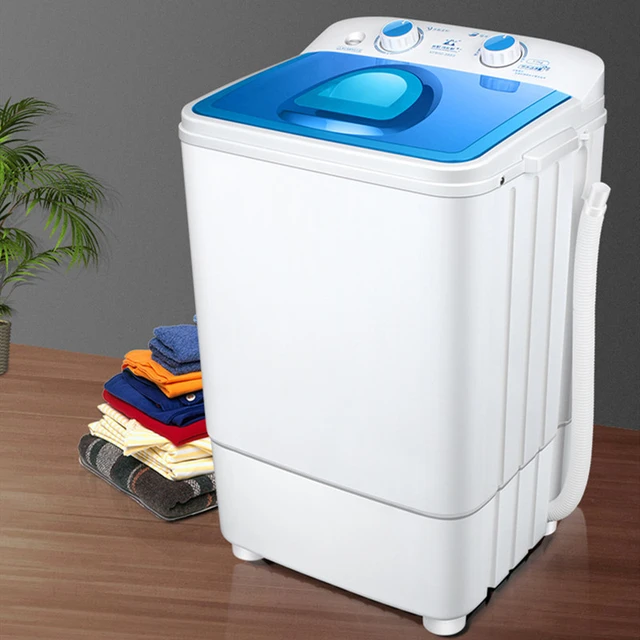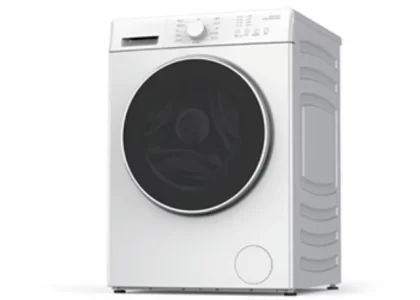 Introduction:
Introduction:
Understanding the water usage of a washing machine is essential for managing water consumption and its associated costs. While the exact amount of water used by a washing machine can vary depending on factors such as the machine’s capacity, cycle selection, and efficiency, it is important to have a general idea of water usage. In this comprehensive guide, we will explore the average water usage of washing machines, discuss factors that influence water consumption, and provide tips for optimizing water efficiency. By understanding water usage, you can make informed decisions and reduce your environmental impact while doing laundry.
Average Water Usage of Washing Machines:
Top-Loading Machines:
Traditional top-loading washing machines typically use around 15-30 gallons of water per load.
Older models may use more water than newer, high-efficiency (HE) models.
Front-Loading Machines:
Front-loading washing machines are generally more water-efficient than top-loading machines.
On average, front-loading machines use around 10-20 gallons of water per load.
High-Efficiency (HE) Machines:
High-efficiency (HE) machines are designed to use less water than traditional washing machines.
HE machines can use as little as 5-7 gallons of water per load, making them the most water-efficient option.
Factors Influencing Water Consumption:
Machine Capacity:
The size or capacity of the washing machine determines how much water it can hold and use.
Larger machines typically use more water than smaller ones to accommodate larger laundry loads.
Cycle Selection:
The selected wash cycle can affect water usage.
Normal or regular cycles usually use more water than delicate or quick wash cycles.
Water Level Selection:
Some washing machines offer water level options that allow users to customize the amount of water used per load.
Adjusting the water level to the appropriate load size can help optimize water efficiency.
Efficiency Rating:
Washing machines with higher efficiency ratings generally use less water.
Look for machines with ENERGY STAR certifications, as they meet specific water consumption and energy efficiency standards.
Tips for Optimizing Water Efficiency:
Full Loads:
Whenever possible, aim to do full loads of laundry to maximize water efficiency.
Avoid running the washing machine with small loads or with only a few items.
Load Sensing Features:
Utilize load sensing features if available on your washing machine.
These features automatically adjust the water level based on the size of the load, optimizing water usage.
Presoaking and Pretreating:
Consider presoaking heavily soiled or stained items before washing.
This can help reduce the need for longer or more intensive wash cycles that use more water.
Water Level Adjustments:
If your washing machine allows for water level adjustments, use this feature wisely.
Ensure the water level matches the size of the load to avoid unnecessary water waste.
Regular Maintenance:
Perform regular maintenance on your washing machine to ensure it operates at peak efficiency.
Clean filters, check for leaks, and address any issues promptly to prevent water waste.
Environmental Impact and Conservation:
Water Conservation:
Conserving water helps to reduce the strain on water resources and protect the environment.
Implement water-saving practices, such as reusing graywater or collecting rainwater for non-potable uses.
Energy Consumption:
While water usage is important to consider, it is also crucial to be mindful of energy consumption associated with washing machines.
Opt for energy-efficient models and avoid unnecessary wash cycles or excessive use of hot water.
Sustainable Practices:
Support sustainability by using eco-friendly detergents and following proper garment care instructions.
This can help reduce the need for excessive washing or rewashing of clothes.
 Conclusion:
Conclusion:
Understanding the water usage of a washing machine is essential for managing water consumption and promoting sustainability. While specific water usage can vary depending on factors such as machine type, capacity, and efficiency, having a general idea of water usage can guide us in making informed decisions. By optimizing water efficiency through proper load sizing, cycle selection, and regular maintenance, we can reduce our environmental impact while still achieving clean and fresh laundry. Embrace the opportunity to conserve water, reduce energy consumption, and adopt sustainable practices in your laundry routine.




